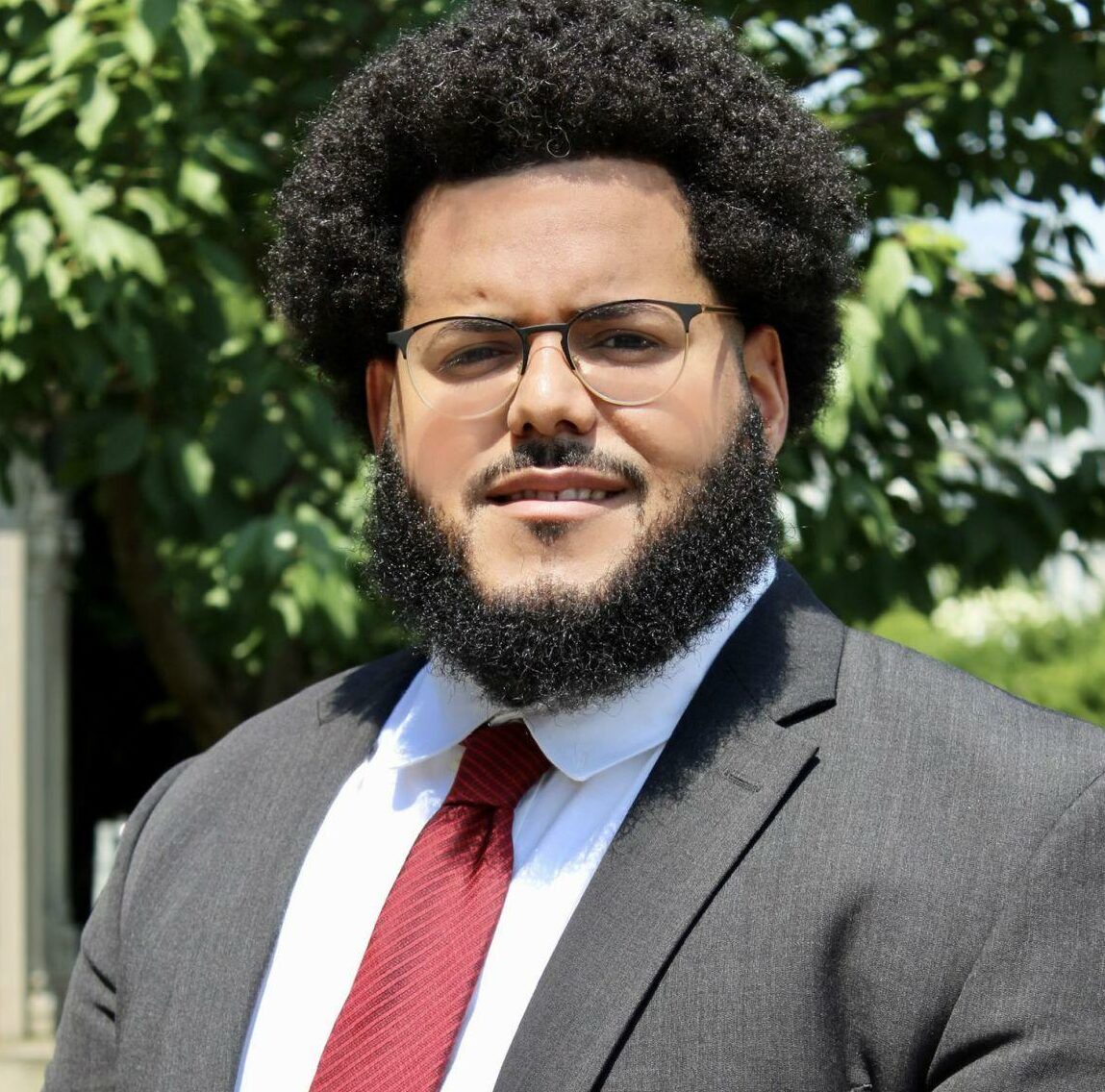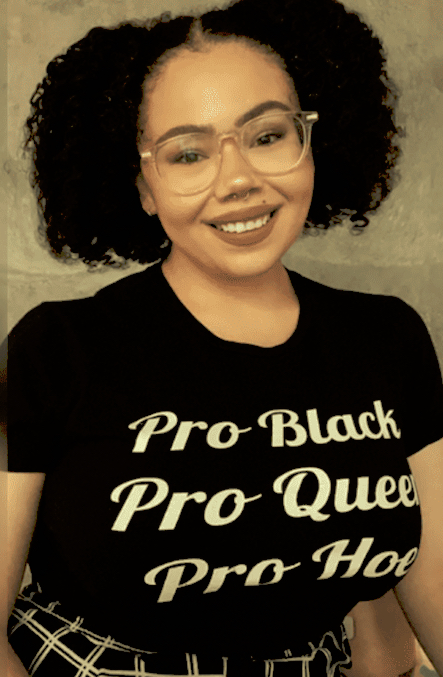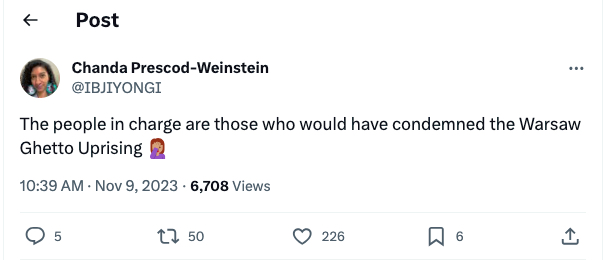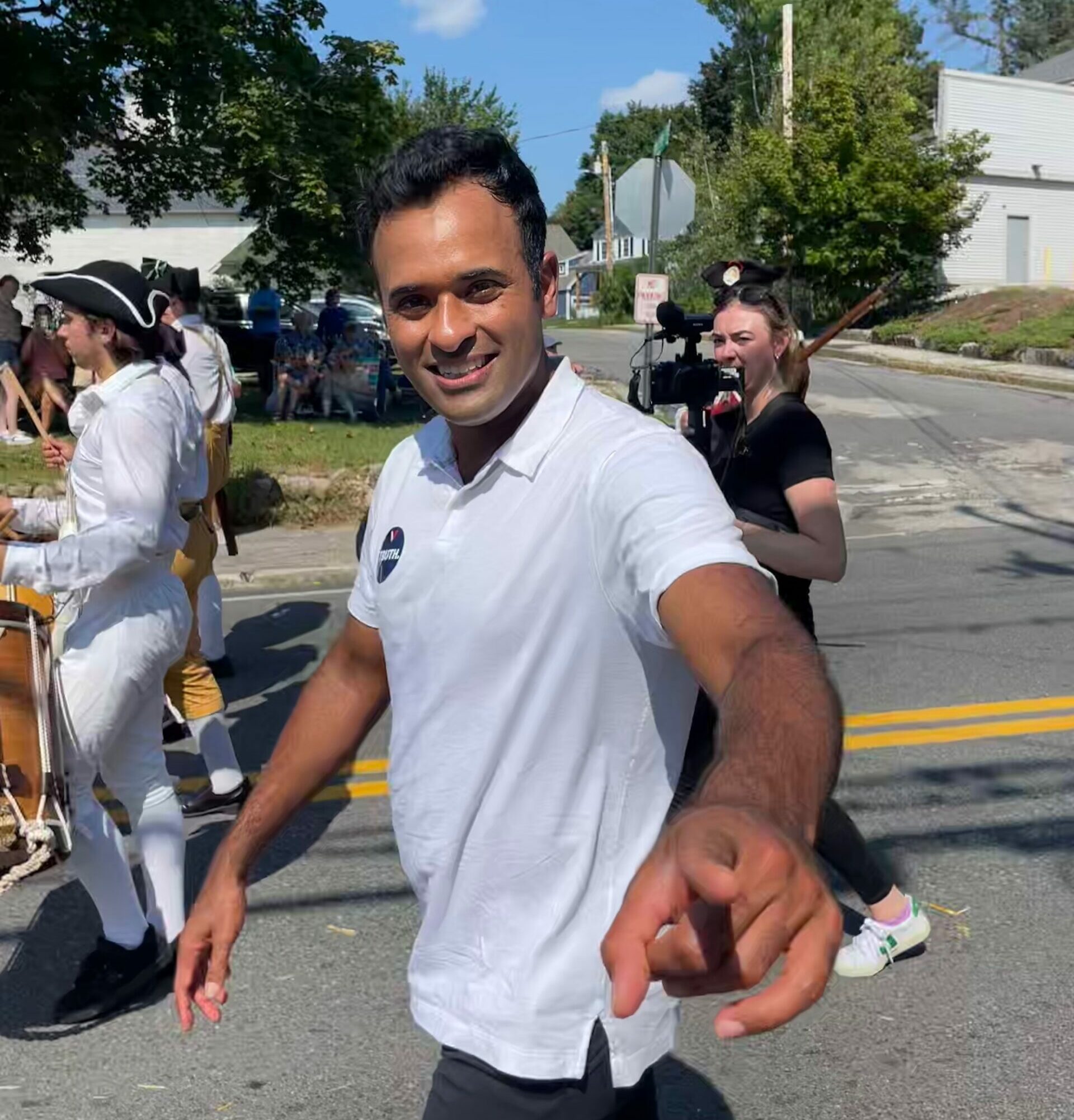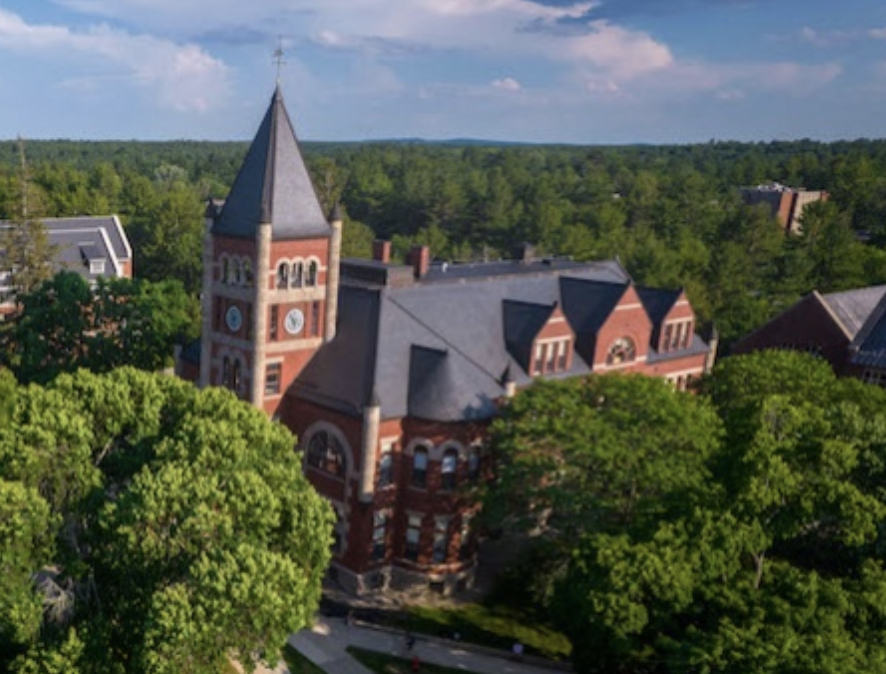As More State College Systems Dump DEI Programs, UNH Still Spends Millions
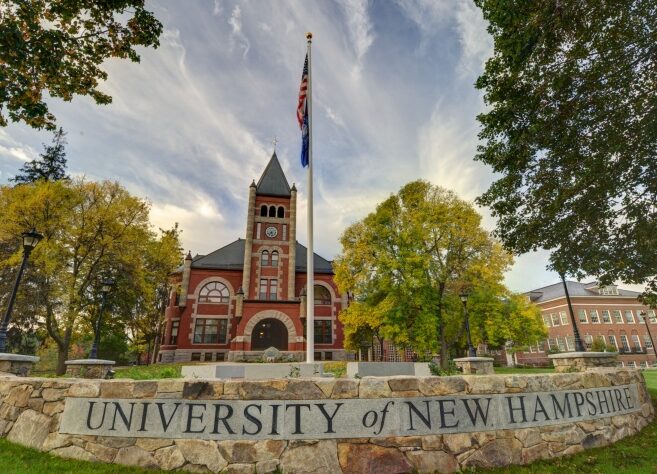
In North Carolina, the state is transferring $2.3 million of spending at its flagship state university from its Diversity, Equity and Inclusion (DEI) program to public safety and policing.
In Texas, Gov. Greg Abbott (R) signed a law closing all DEI offices at state-funded colleges and universities.
The state of Florida, often viewed as a rival by New Hampshire Gov. Chris Sununu (R-N.H.), eliminated all positions associated with DEI in its state college system last month.
And yet the Granite State continues to spend millions on DEI employees and programs in the University of New Hampshire system, which includes UNH, the Franklin Pierce School of Law, Plymouth State University, and Keene State College.
Why?
“That’s a good question,” said state Sen. Sharon Carson (R-Londonderry), currently the frontrunner to take over the top spot in the Senate if the GOP holds its majority in November. (Senate President Jeb Bradley is retiring.)
The premise of DEI policies is that American institutions like universities are inherently racist or bigoted toward racial, sexual, and cultural minorities. Therefore, judging individuals based on merit is a mistake and should be rejected. Instead, hiring decisions should be based on identity politics in pursuit of collective justice.
“The University of Central Florida, in its ‘Inclusive Faculty Hiring’ guide, described merit in faculty hiring as a ‘narrative myth’ and advised employees to avoid using it in job descriptions and hiring materials,” DEI critic Chris Rufo wrote in The New York Times. “The guide also advocated explicit quotas of ‘minoritized’ groups in its hiring practices.”
Funding for the various DEI programs in New Hampshire’s higher education institutions is estimated at between $6 and $9 million, though that spending is scattered throughout various budget line items, making it hard to track. House Majority Leader Rep. Jason Osborne (R-Auburn) said the lack of transparency surrounding DEI is a problem.
“Members have long been asking for a breakdown of DEI funding for the University Systems and have yet to receive an adequate answer. Hearing that UNH alone spends roughly $2 million on DEI, clearly intervention is required. We look forward to addressing this in the state budget next year,” Osborne said.
And the timing may be fortuitous.
Washington State University Provost and Executive Vice President Elizabeth Chilton will take over the reins at UNH this summer, following the retirement of current President James Dean. Sen. Dan Innis (R-Bradford), who teaches at UNH, said this is the perfect time to reexamine the system’s DEI programming and funding.
Chilton, who spent 16 years at UMass Amherst, was a featured speaker at the 2021 Diversity, Equity, Inclusion and Justice Summit at Washington State University, where she touted her work on DEIJ.
“One of the large ways that I have leaned in, in the past 15 months, is through the initiation of our faculty cluster hire in racism and social inequality [specializations] in the Americas,” Chilton said.
“Given the profile of the new UNH president, I think it is highly likely that we in the Senate will take action next year, perhaps as a part of the budget,” Innis said.
Florida Gov. Ron DeSantis has been an outspoken critic of taxpayer-funded DEI programs, and he helped usher through the higher education reforms that ended them.
“DEI is toxic and has no place in our public universities,” DeSantis said last month. “I’m glad that Florida was the first state to eliminate DEI, and I hope more states follow suit.”
But Sununu, who often touts the Granite State’s edge over Florida on issues of fiscal responsibility and personal freedom, is much more sanguine about DEI spending in his state’s budget.
Asked about the actions of North Carolina and Florida and whether New Hampshire should do the same, Sununu told NHJournal, “Obviously, any program — DEI included — would be looked at to say, ‘Okay, do we need to be funding this? Are the dollars appropriate? What are we getting for the return?’ We haven’t had any of those issues here in the state. None of that has been brought to my attention.
“If there was a concern, I would definitely look at it. But nothing has been brought to our attention. I’m simply saying those programs seem to be on a decent path, I suppose,” Sununu said.
However, several UNH trustees who spoke to NHJournal — on and off the record — said it was time to review DEI policies and spending, particularly as the college system is cutting staff and closing programs. On background, some trustees expressed concern that there is no scrutiny of DEI spending or its results.
New Hampshire Agriculture Commissioner and University System of New Hampshire trustee Shawn Jasper, however, willingly voiced the concern shared by many that the DEI programs operating at the state schools are ill-defined, with vague goals that can’t be measured in a meaningful way.
“There are several trustees concerned about what the goal is and how we measure the success of the program,” Jasper said.
According to Jasper, the DEI programs at UNH are less about addressing deep-seated societal problems and more about a marketing strategy. Nearly 60 percent of UNH students now come from outside New Hampshire, paying higher tuition rates than in-state students. DEI is part of the package advertised to the out-of-state student population, he said.
“I don’t have a problem funding those things if there’s an articulated problem that needs to be addressed. That doesn’t seem to be the case, it seems like they have to have it to compete with the out-of-state student market,” Jasper said.
If UNH is going to keep its DEI program, Jasper wants to see it deployed in such a way that it can be quantified.
“If we’re going to have programs like this at our universities — and I’m not saying they are not needed — we need to be very clear what we are trying to solve and I’m not sure, in New Hampshire, that’s been articulated,” Jasper said.

